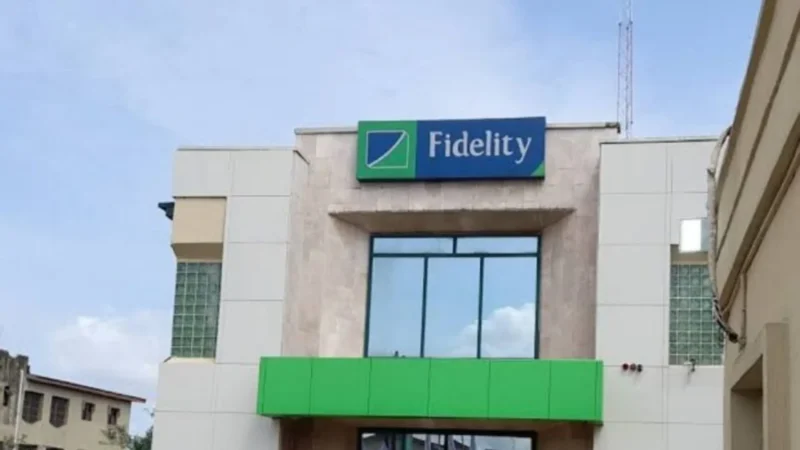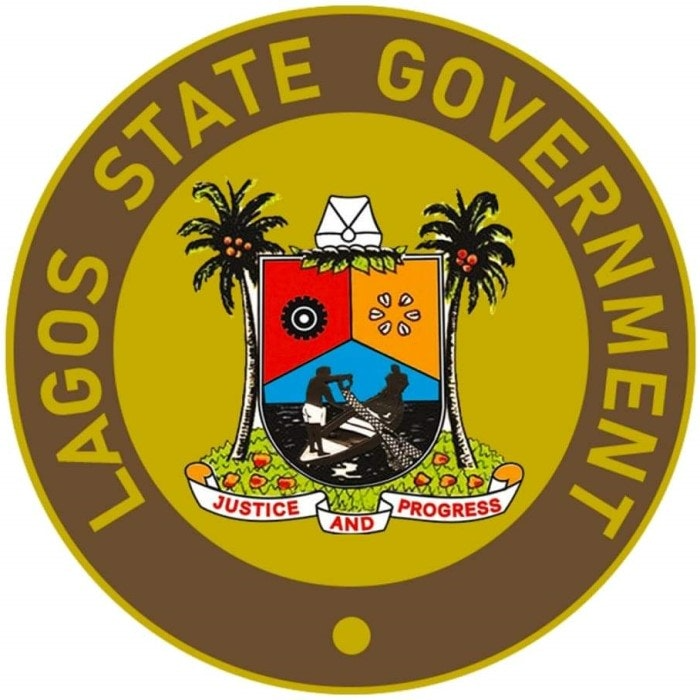The Supreme Court of Nigeria has ordered Fidelity Bank Plc to pay over $138.8 million in damages to Sagecom Concepts Limited, concluding a two-decade-long legal battle
[dropcap]T[/dropcap]he Supreme Court of Nigeria has delivered a definitive blow to Fidelity Bank Plc, upholding lower court rulings that mandate the bank to pay a minimum of $138,842,249 in damages to Sagecom Concepts Limited.
Also read: Fidelity Bank accused of N1.98 million fraudulent deduction by Emense Technology MD
The unanimous decision, delivered by a panel of five justices on April 11, 2025, marks the culmination of a legal saga that commenced in 2005.
The apex court’s ruling condemns Fidelity Bank’s actions as an attempt to “benefit from its own wrong by disobeying a valid court order,” and highlights the bank’s “egregious conduct” in disregarding a court injunction, which deprived Sagecom of economic benefits for years.
The protracted dispute originated from a property located at 25, Probyn Road, Ikoyi, comprising ten flats and two penthouses.
The property was initially leased by G. Cappa Plc from the National Electric Power Authority (NEPA) and subsequently mortgaged to Fidelity Bank as security for a $3 million loan.
When G. Cappa defaulted on its loan obligations, Fidelity Bank moved to sell some of its properties, including one in Ibadan.
This led G. Cappa to file suit No. FHC/L/CS/957/2005 against Fidelity Bank, resulting in an interim injunction on September 9, 2005, restraining Fidelity Bank from interfering with or disposing of the disputed property.
Despite this injunction, Fidelity Bank, through its agent Hemaco Commercial Enterprises, proceeded to sell the Ikoyi property to Sagecom Concepts Limited in November 2005 for N350 million.
Sagecom subsequently joined the ongoing suit and counterclaimed against both Fidelity Bank and G. Cappa for possession and special damages.
While the Federal High Court affirmed the regularity of the sale, it transferred Sagecom’s counterclaim to the Lagos State High Court due to jurisdictional issues.
The Lagos State High Court and the Lagos Division of the Court of Appeal both ruled in favor of Sagecom, a decision now affirmed by the Supreme Court.
Justice Adamu Jauro, in the lead judgment, emphasized Fidelity Bank’s duty to deliver possession of the property to Sagecom after its sale.
In my view, apart from the mountain of evidence against it, allowing the Appellant to escape liability as it so desperately seeks to do here would be tantamount to allowing it to benefit from its own wrong. The notorious principle of equity that a court ought not to allow a person to take advantage of his own wrong still remains part of our jurisprudence.
Justice Jauro further stated, “It is also in evidence that even after the delivery of the judgement of the Federal High Court in suit No. FHC/L/CS/957/2005, the second Respondent (G. Cappa Plc) continued to be in possession and control of the property, hence the judgements of the two lower courts granting the claim for special damages in favour of the first Respondent against the Appellant and second Respondent jointly and severally from 21st June, 2011, are in order.”
Concurring, Justice Jummai Hannatu Sankey noted that “The trial court and the court below recognised adequately that the Appellant’s wrongful sale directly caused the first Respondent’s financial losses, thus making the Appellant liable in damages regardless of who physically collected the rents.”
She added, “What makes this appeal particularly unmeritorious is that the Appellant seeks to benefit from its own clear wrongdoing. Having been found in contempt for violating the Court Order, and having admitted selling the property while aware of the injunction, in addition to having deprived the first Respondent of possession for years, the Appellant now asks this Court to excuse it from the financial consequences of its actions. Our legal system does not countenance such an outcome.”
The final liability for Fidelity Bank may exceed the initial $138.8 million, as the awarded damages are subject to a compound interest rate of 19.5% per annum, calculated from the respective due dates each year until the actual date of payment.
In response to the judgment, Fidelity Bank issued a statement claiming that the actual amount payable is approximately N14 billion, citing outdated exchange rates from 2005.
The bank indicated its willingness to settle the obligation but stated it has applied to the court for clarification on the judgment’s interpretation and the proper computation of the payable sum.
Meanwhile, the Central Bank of Nigeria (CBN) has moved to reassure the public about the stability of the banking sector.
In a statement signed by its acting director, Corporate Communications, Hakama Sidi Ali (Mrs.), the CBN affirmed that the Nigerian banking sector remains resilient, safe, and sound.
The CBN stated that it continues to monitor all financial institutions under its purview and maintains robust frameworks to promptly address any emerging issues.
Also read: Fidelity Bank accused of concealing multi-million dollar judgment debt in annual report
The apex bank urged the public to disregard unverified claims and rely solely on official channels for information regarding the financial system.





























